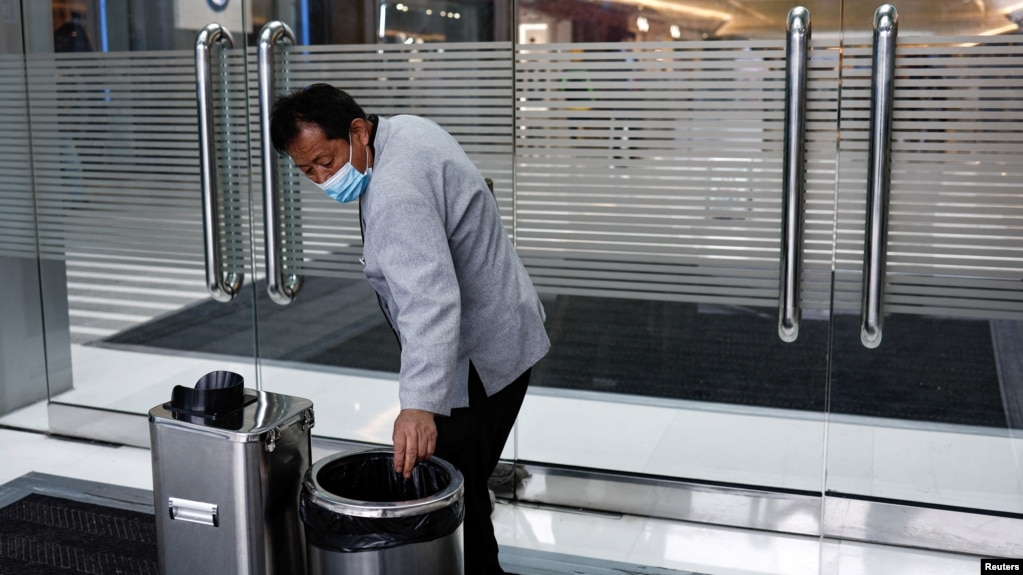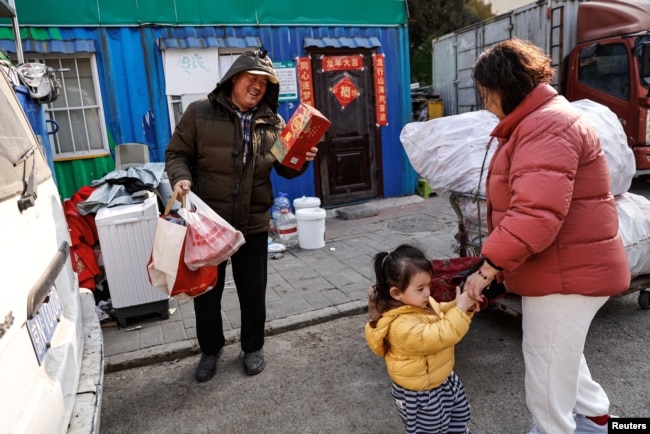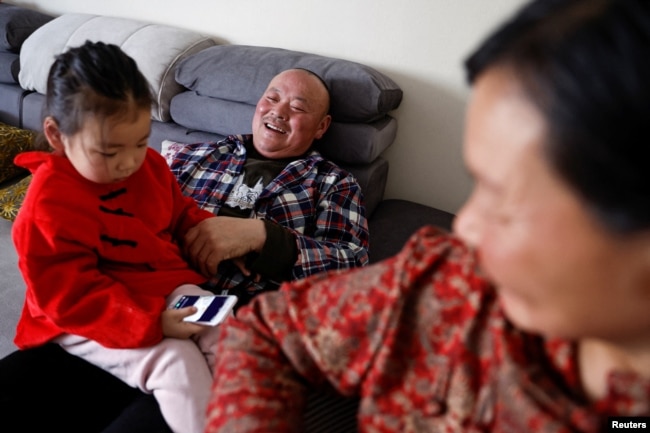AUDIO
In China, Many Older Workers Find It Difficult to Retire

China’s economic expansion has been driven partly by millions of people who left their rural homes to work in cities and factories. But many of these workers are aging, and they are finding it difficult to retire in their home communities because government assistance can be low.
This issue is linked to the way China’s social security system works. People living in Chinese cities earn higher retirement payments than those living in rural areas. People who choose to go to the city to work are known as rural migrants.
Reporters from Reuters recently explored retirement, or pension, payments in China. The news agency spoke with rural migrant workers, researchers, economists and a government advisor.
Reuters reported that about 100 million rural migrants will near retirement age over the next 10 years. If these people decide to retire and return to their homes, they could earn as little as $17 per month. The World Bank defines “extreme poverty” as living on less than $2.15 per day.

One example is 67-year-old Hu Dexi. He and his wife sold homemade rolls for 30 years on the streets in the city of Xian. Hu told Reuters he is ready to retire. But he said he and his wife are still working to earn the amount of money they say they need.
The couple now lives outside of Beijing where they both work as cleaners in a shopping center, earning $552 each a month.
“No one can look after us,” Hu told Reuters. He explained that he does not think entering retirement is possible at the moment. "I don't want to be a burden on my two children and our country isn't giving us a penny."
Many rural migrants in China face similar situations. They do not have the skills for high-paying jobs and often cannot depend on children for support.
China has aimed to increase economic growth and productivity with continued industrial expansion. But critics argue that such a system often does not serve retirees well.

In addition, China’s social security system is not prepared for the large number of people nearing retirement age. The Chinese Academy of Social Sciences (CASS) has estimated the nation’s pension system could completely run out of money by 2035.
CASS also estimated the level of healthcare assistance to city workers was in some cases about four times greater than for those in rural areas.
A recent news article appearing in the Chinese Cadres Tribune, a Communist Party publication, reported that more than 16 percent of rural people older than 60 were "unhealthy." This compared to 10 percent in cities. Cai Fang, an economist for CASS and a former central bank adviser, wrote the story.
China has introduced private retirement programs. It has also provided financial assistance to provinces that have pension budget deficits.

Other countries have tried to build up pensions by increasing the retirement age. But China’s is among the lowest in the world: age 60 for men and between 50 and 55 for women. Chinese officials have said the government plans to raise the retirement age but has not said when that will happen.
Official Chinese government records show about 94 million working people were older than 60 in 2022. This group represents about 13 percent of working people. It has increased from about nine percent of working people in 2020.
That share is currently lower than some other Asian countries, including Japan and South Korea. But it is set to rise sharply as 300 million more Chinese reach their 60s over the next 10 years. About one third of those people are rural migrants, Reuters reports.
_________________________________________
Words in This Story
pension –n. a plan that provides regular payments to workers for businesses or governments who have retired
couple –n. two of something
burden – n. something difficult or unpleasant a person has to deal with or worry about
province –n. an administrative division of a country
https://learningenglish.voanews.com/a/in-china-many-older-workers-find-it-difficult-to-retire/7604984.html